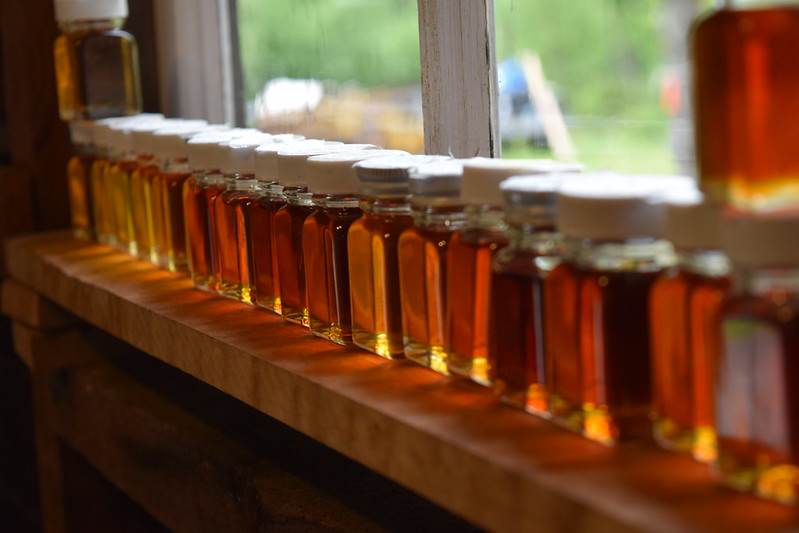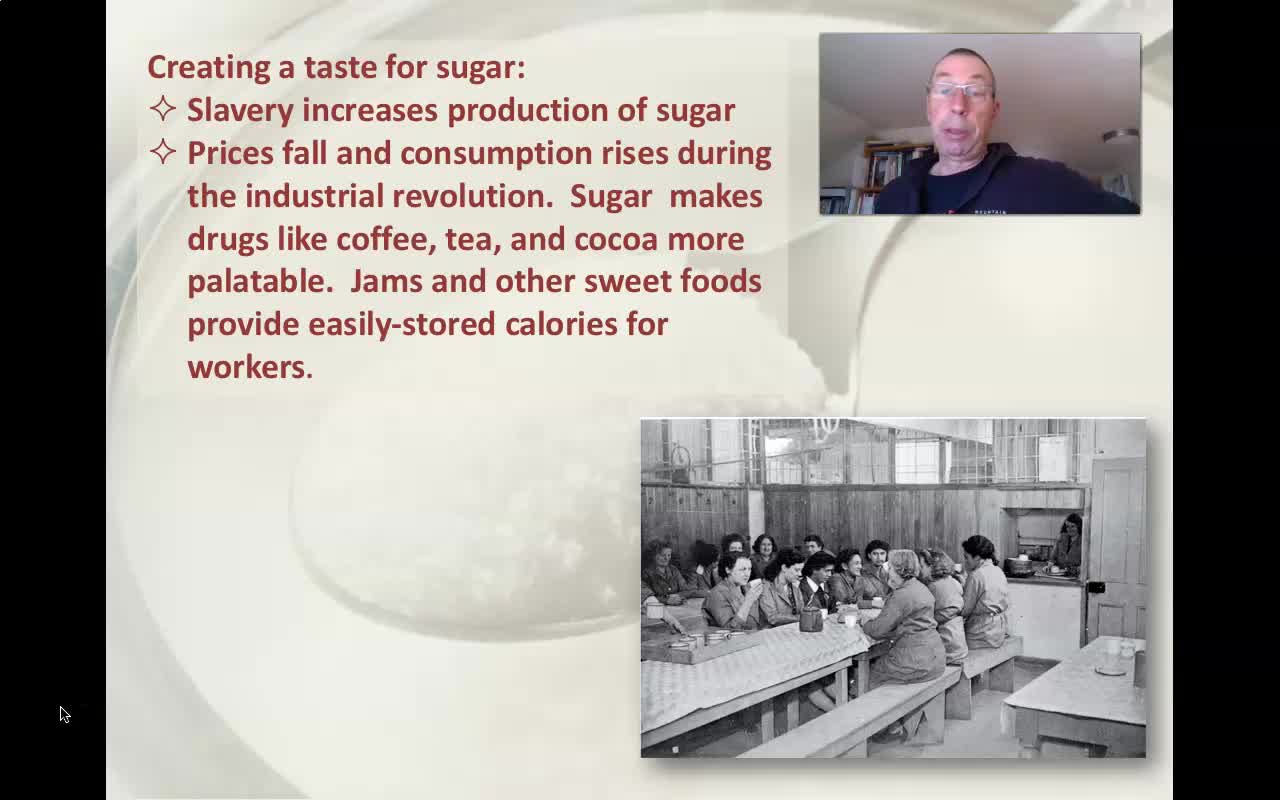Search Results
Results for: 'sugar production'

Sugar makers rely on healthy, abundant maple trees to provide sap each spring. Taken together a group of maple trees managed for sap collection is called a sugarbush. Developing a healthy, productive sugarbush takes time and effort. Forests are hi...

Producing pure maple syrup is a time honored tradition in Vermont. Whether you are a large producer filling drums and selling on the bulk market or a backyard producer making just enough for family and a few lucky friends, syrup quality is critica...

GRS001#25 Consumption, Climate Change and the Environment
First of two lectures on consumerism, globalization and climate change

The law is very clear as to what can be sold as pure maple syrup; only the liquid derived by concentration and heat treatment of the sap of the maple tree. No processing that adds or removes naturally occurring soluble materials is allowed. This d...

Gardeners know that earthworms can be beneficial for growing vegetables and flowers by helping with soil aeration and producing fertilizer through their castings. Sugar makers may not know that earthworms and relatively newer invaders the so-calle...

As late summer progresses so-called late-season defoliators are beginning to become visible in Vermont woods. Two such insects are maple leaf cutter and maple trumpet skeletonizer. The first report of damage from maple leaf cutter was in 1911 when...

The law is very clear on what can be sold as pure maple syrup; only "the liquid derived by concentration and heat treatment of the sap of the maple tree". No processing that "adds or removes naturally occurring soluble materials" is allowed. This ...

The USDA released the estimates for the 2019 Vermont maple crop. The numbers show that Vermont produced just over 2 million gallons of syrup in 2019. This represents a nearly 50% of all the syrup produced in the US and just under 7% increase from ...